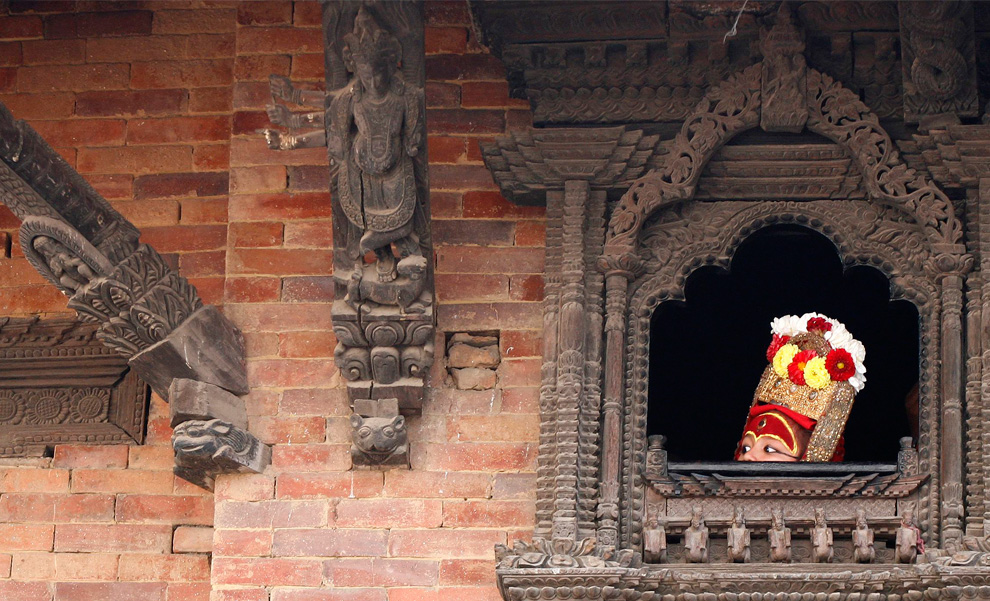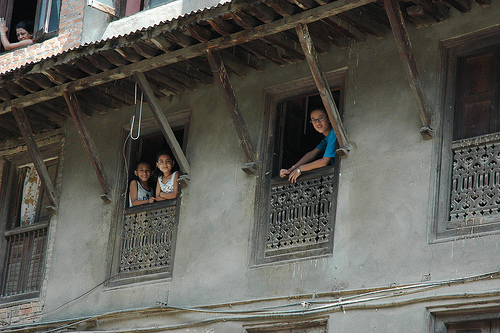
Gerard Wollak
|
One Nepalese Vision: Samrat Upadhyay's Buddha's Orphans
"Their talk was punctuated with easy silences, during which the shopkeeper hummed, and the boy - Nilu had turned just a bit so that she could watch both of them out of the corner of the eye - gazed at the ceiling, lost in thought." (p.101)
This first sentence of Samrat Upadhyay's novel set in modern day Kathmandu, Nepal suggests a most tragic story, but that is far from the case. Instead, watching and listening and unraveling four generations of a family's history amidst a time of political unrest, is more to the point. The nuances of relationships - what is seen, what is said and not said, how something is spoken, how people affect each other in little ways and monumental moments - are woven into a finely tuned plot. The story twists and turns, not only in the unfolding of the complex and nuanced Raja and Nilu relationship, but Upadhyay's weaving in of politics and influences of family, class, and neighborhood all make this a smart and pleasurable read. Along the way, the two main characters, Nilu and Raja, become ours as the author provokes us to consider the signficant people and decisions in our lives. The neigbhorhoods of Kathmandu is where we take our stroll while reflecting on some universal themes of humanity.
|
|---|
This site was created by Gerard Wollak at the NEH Summer Institute "Literatures, Religions, and Arts of the Himalayan Region," held at the College of the Holy Cross, Summer 2011.


